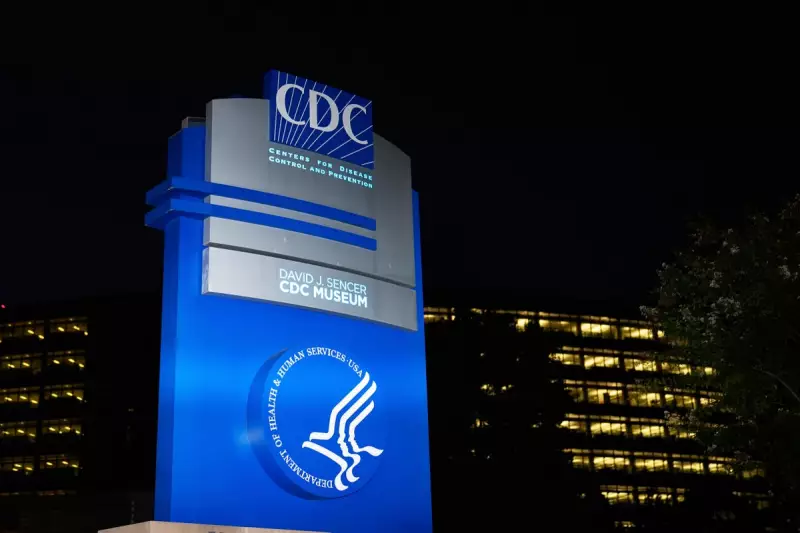
Health officials are sounding the alarm over a significant and worrying surge in infections from a particularly resilient type of ‘nightmare bacteria’ within the UK. This follows a stark warning from the US Centers for Disease Control and Prevention (CDC) after analysing data from the British health system.
The bacteria in question are known as carbapenem-resistant Enterobacterales (CRE). Dubbed ‘nightmare bacteria’ by medical professionals, they have developed a formidable resistance to nearly all available antibiotics, making infections extremely difficult, and sometimes impossible, to treat.
A Stealthy and Severe Threat
The CDC's analysis revealed an alarming 59% increase in the rate of these infections in the UK between 2017 and 2021. Even more concerning is that these bacteria can silently spread within healthcare settings without causing immediate symptoms, creating invisible reservoirs of resistance.
“These are a threat we must take seriously,” a health expert stated. “The combination of their resistance to last-line antibiotics and their ability to spread undetected makes them a perfect storm for public health.”
Why Are They So Dangerous?
The true danger of CRE lies in their resistance to carbapenems, a class of antibiotics often reserved as a final option for treating complex infections. When these drugs fail, doctors have very few alternatives left.
- High Mortality Rate: Infections can lead to death in up to half of the patients who contract them in the bloodstream.
- Threat to Modern Medicine: Common medical procedures like surgeries, chemotherapy, and organ transplants become significantly riskier if effective antibiotics are unavailable.
- Silent Spread: Asymptomatic carriers can unknowingly transmit the bacteria to vulnerable patients in hospitals and care homes.
What is Being Done?
UK health authorities are intensifying efforts to combat the spread. The strategy focuses on:
- Enhanced Screening: Increasing testing for patients transferring between healthcare facilities, especially from high-risk areas.
- Strict Infection Control: Reinforcing hygiene protocols, including thorough cleaning and the use of protective equipment.
- Antibiotic Stewardship: Promoting the responsible use of existing antibiotics to slow down the development of further resistance.
While the situation is serious, experts emphasise that a proactive and coordinated response from the NHS and public health bodies can contain the threat and protect patients from this emerging superbug crisis.





